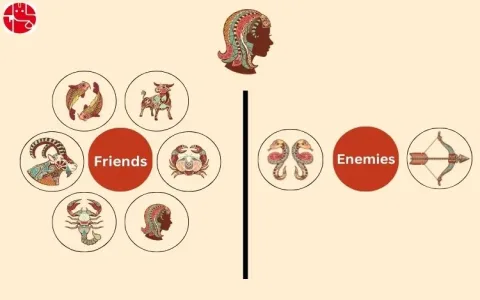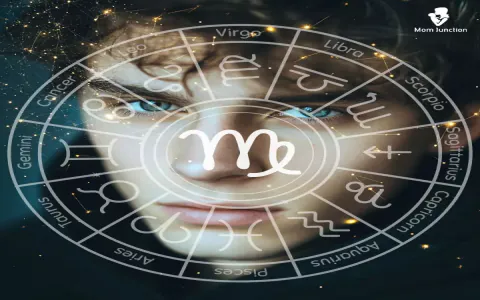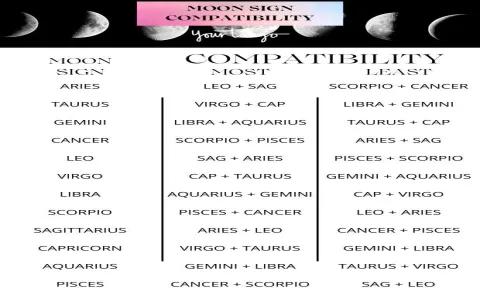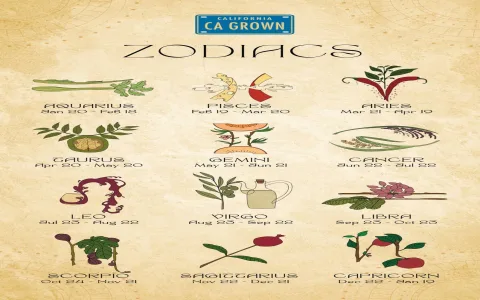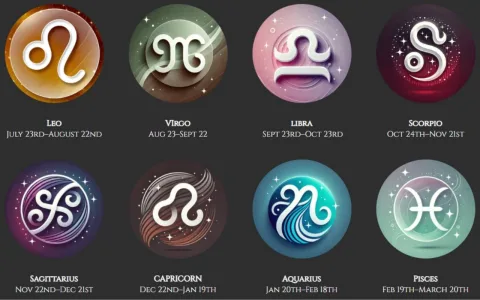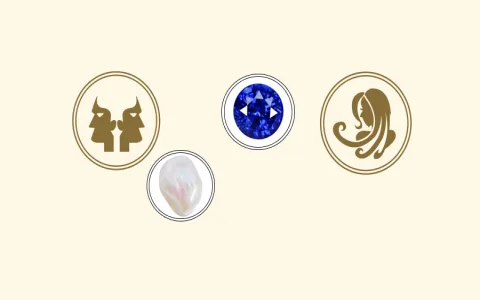The Absolute Mess That Forced Me Into Astrology
You know, I’m a Male Virgo. I live by a schedule. I color-code my receipts. I organize my cleaning supplies alphabetically. I didn’t care about star signs—I always figured that was just noise for people who couldn’t manage their actual lives. Then I met her.
She was a Female Gemini, and let me tell you, that woman was a Category 5 hurricane wrapped in a silk scarf. I met her at a friend’s wedding. She laughed too loud, changed her mind about the dessert three times while we were talking, and then decided, on the spot, that she was going to move across the country next month. I was fascinated, which, looking back, was my first massive error.
We started dating, or whatever you call the unstructured chaos that followed. I tried to establish a routine. I drafted a shared Google Calendar for the week, listing things like ‘Dinner Prep: 7:00 PM’ and ‘Grocery Run (Detailed List Provided): Saturday Morning.’ She didn’t ignore it; she just seemed to use it as a suggestion board for things she definitely wasn’t going to do.
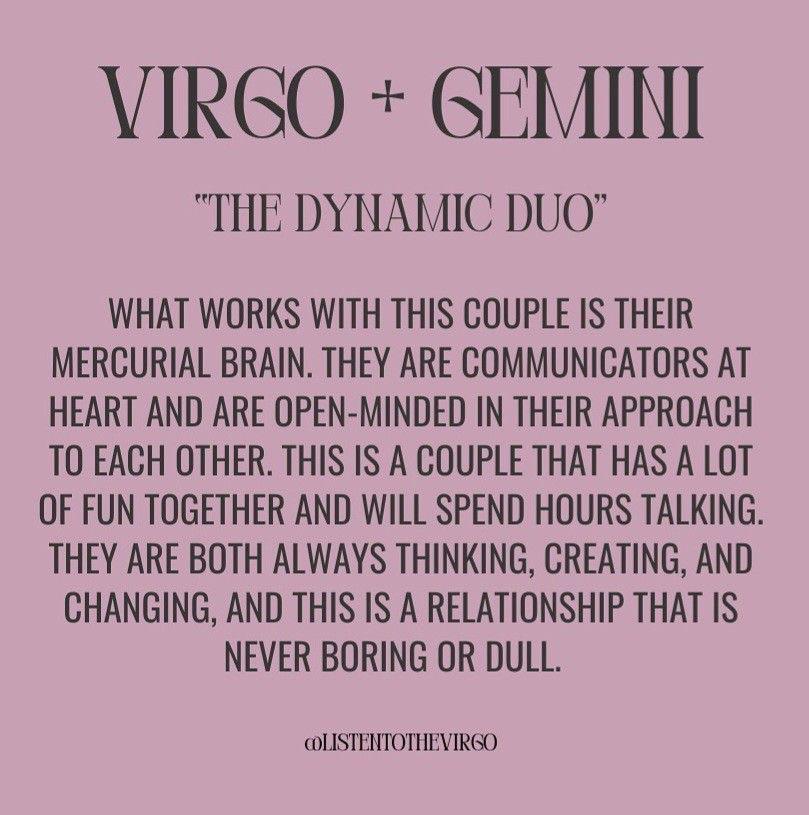
I distinctly remember the time I meticulously planned a three-day weekend trip involving reservations, a detailed budget spreadsheet, and a pre-packed itinerary. We were supposed to leave Friday at 4 PM. Friday morning, she called me up, absolutely buzzing, because she had found a last-minute art class across town that required her attention until 11 PM that night. Our trip got delayed by a full day because she just had to learn how to sculpt miniature clay dogs. That’s when the compatibility question stopped being a funny observation and became an urgent crisis demanding immediate data analysis.
The Practice: Cataloging the Conflict
I realized I couldn’t just manage her; I had to understand the foundational logic of the system she operated under, which seemed to be the opposite of mine. This is where my Virgo nature kicked in. I pulled up every article, every compatibility chart, and every stupid astrology subreddit I could find. My friends thought I was losing it. I told them I wasn’t studying occult nonsense; I was conducting a controlled sociological study using ancient personality mapping techniques.
I created a document titled “Gemini/Virgo Operational Differences.” I didn’t trust those flaky online quizzes; I needed concrete data points based on our real-life interactions. I spent an entire week logging incidents:
- Incident 1 (Communication): I require specific, direct answers. She answers questions with another question, or worse, with a story about something unrelated that happened three years ago. The research confirmed: Virgo is Earth (practical, direct). Gemini is Air (intellectual, scattered). Data correlation: 100%.
- Incident 2 (Finance): I calculate savings down to the penny. She bought a $300 juicer, used it once, and then decided she hated orange juice and tried to trade the machine for a used banjo. The research confirmed: Virgos value security; Geminis value novelty.
- Incident 3 (Emotional Needs): I require consistency and clear boundaries. She required constant stimulation and seemed emotionally stable only when discussing four different topics simultaneously. The research confirmed: Mutable Earth vs. Mutable Air—always changing, but in fundamentally opposed directions.
I cross-referenced the results with established psychological profiles, trying to rationalize the astrology into something tangible. The core truth became unavoidable: The signs weren’t making this relationship difficult; they were simply describing the inherent, almost cosmic friction that was already there. Every chart screamed the same thing: Male Virgo and Female Gemini is an extremely challenging pairing. The Virgo sees the Gemini’s lack of structure as personal sloppiness; the Gemini sees the Virgo’s structure as suffocating control.
The Terrible Love Match Conclusion and the Aftermath
The practice culminated not in a solution, but in a firm, data-driven realization. The question wasn’t “Is this a terrible love match?” The question was “Can a terrible love match thrive?” My data suggested the probability was low, requiring effort levels similar to launching a satellite with duct tape and hope.
I sat her down. I didn’t show her the spreadsheet—that would have caused an instant breakup based on my inherent weirdness. Instead, I summarized my findings. I explained that while I loved her energy and sparkle, my brain was quite literally designed to find and fix errors, and her entire existence felt like a bug in my personal operating system.
Predictably, she didn’t get angry. She found the entire concept hilarious. She said, “Oh, you finally figured out I’m too much effort for your organized little life, didn’t you?” And then she immediately launched into a ten-minute monologue about how she had just started learning ancient Greek and needed to find a tutor right away. That was it. That was the last meaningful conversation we had before we mutually, and quite easily, disentangled our lives.
Did the research save the relationship? No. Did it confirm my suspicions and save me months of agonizing over why I couldn’t just ‘relax’? Absolutely. Sometimes, the value of the practice isn’t changing the outcome, it’s proving, definitively, that the outcome was unavoidable from the start. I filed the compatibility document under “Completed Projects” and finally returned to alphabetizing my spice rack. Ah, stability.

